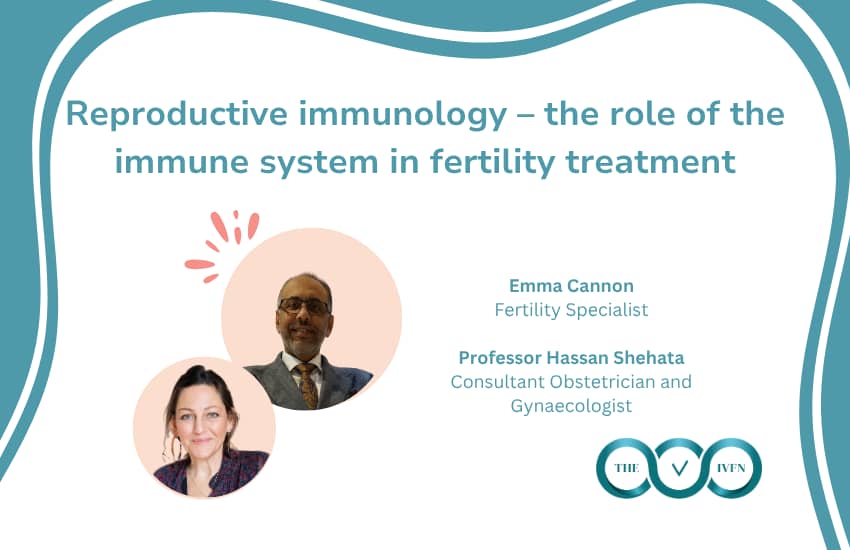What is ICSI?

Join us to continue reading
This content is for members only, to read the full article log in to your account.
If you don’t have a membership yet, visit our Join us page.
Would you like your employer to pay for this?
For an obligation free chat to discuss how employer membership to The IFVN would work for your business, please contact us using this enquiry form.
Further reading
-
Female Alcohol and Fertility: What You Need to Know

-
IVF Ask The Expert: Navigating IVF – Do’s and Don’ts

-
International Surrogacy

-
Female Reproductive immunology – the role of the immune system in fertility treatment

-
IVF IVF myth-buster

-
Previous event Treatments for male fertility preservation

-
10 Things to Consider Before IVF Treatment





